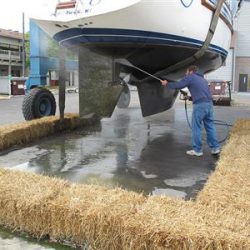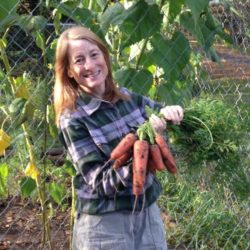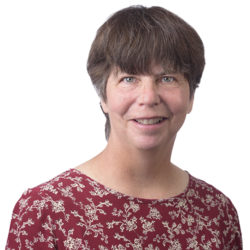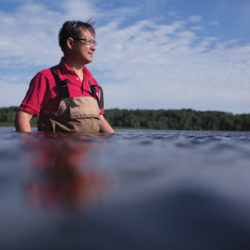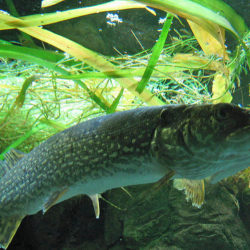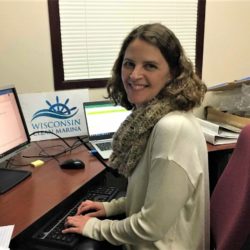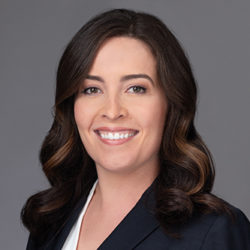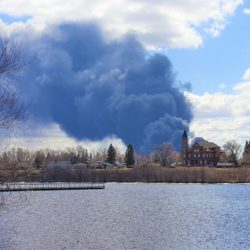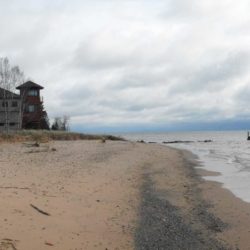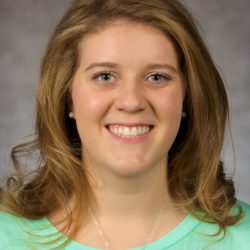Grant will help marinas access green infrastructure and improve water quality
This year, a team from the Michigan, Ohio, and Wisconsin Sea Grant programs are embarking on a venture to help marinas make their facilities more environmentally sustainable by harnessing the power of green infrastructure. The three-year, three-state project was awarded $809,000 in 2018 by the Great Lakes Protection Fund,



